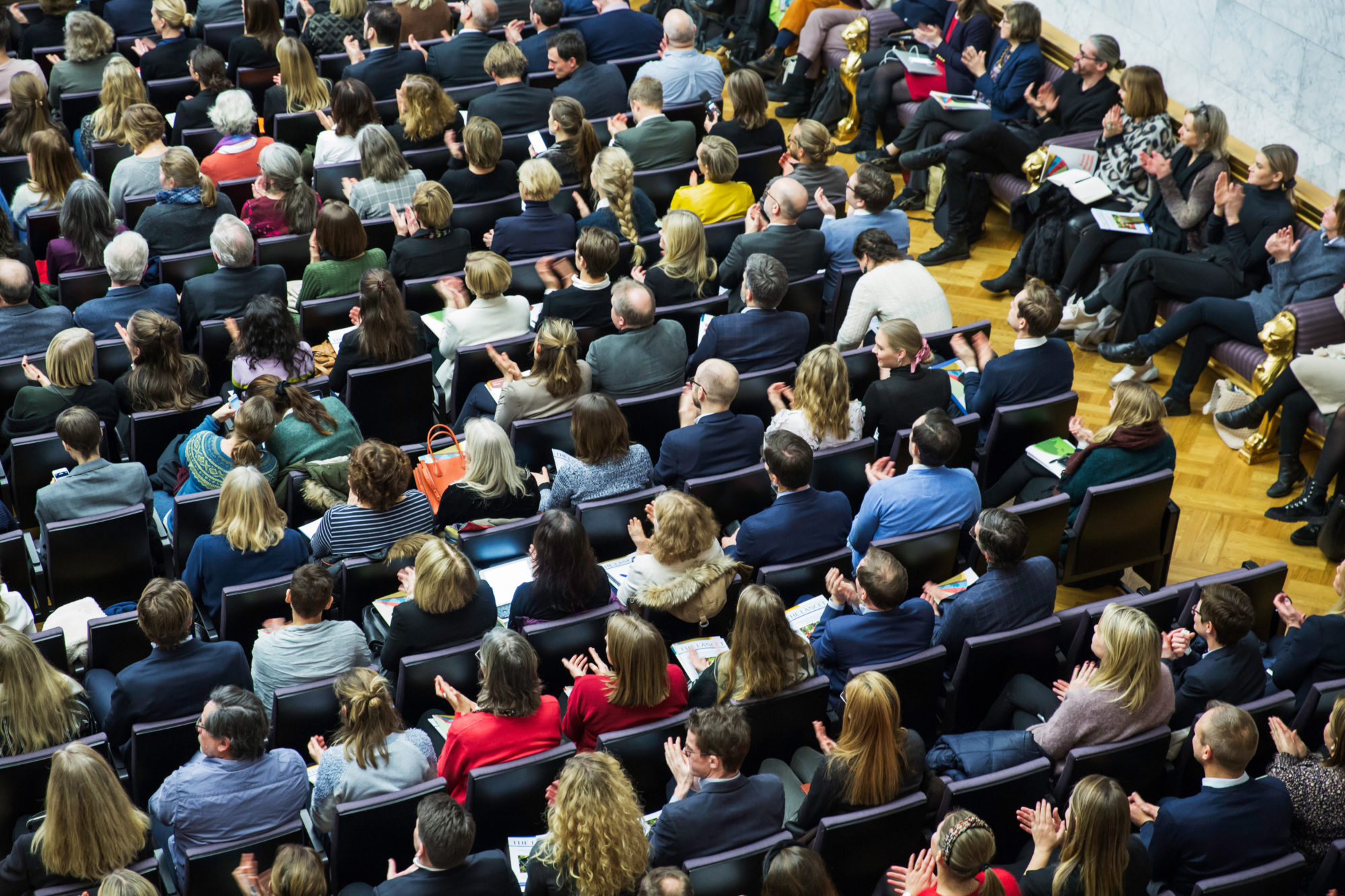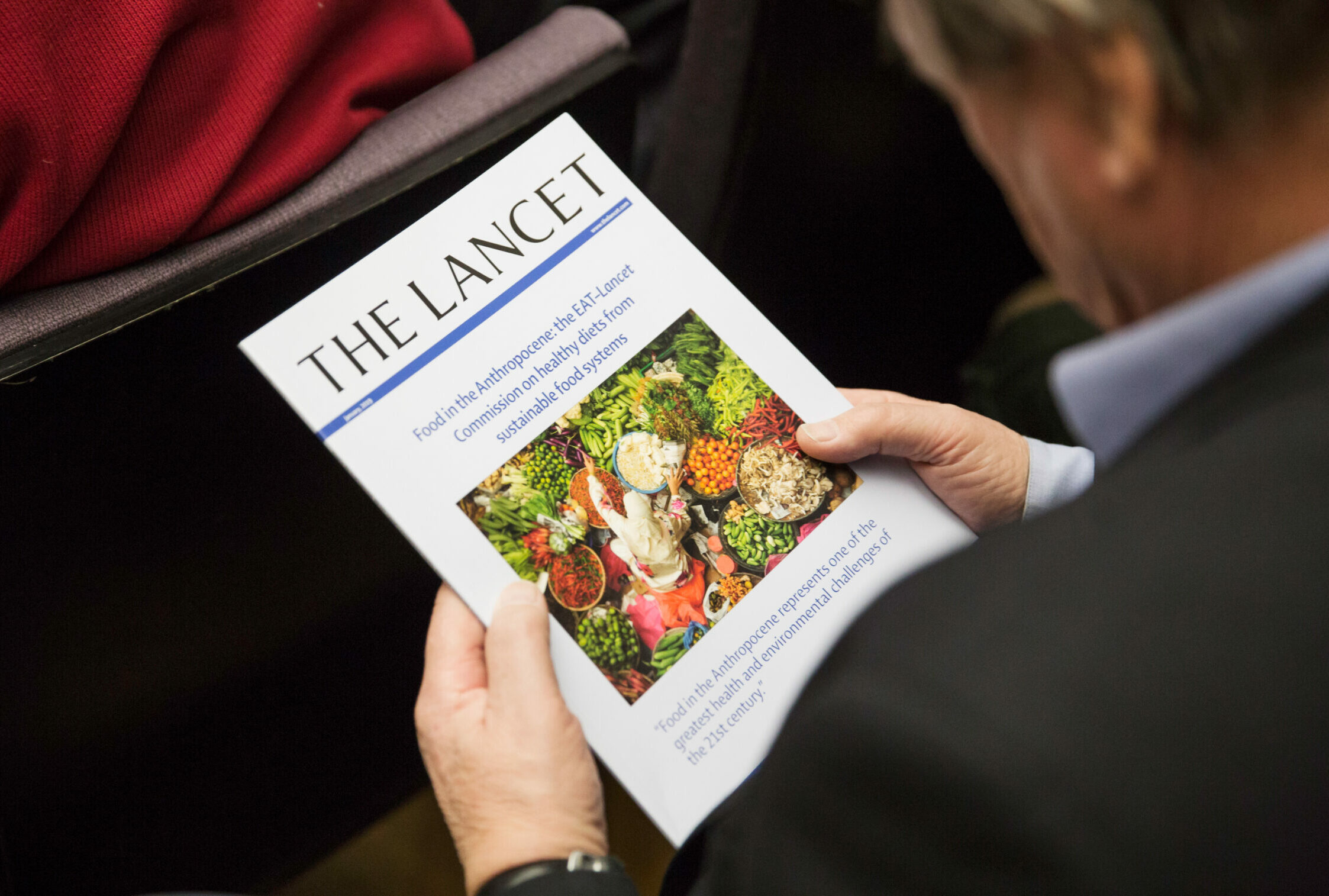
The 2025 EAT-Lancet, co-chaired by Walter Willett, Johan Rockström, and Shakuntala Thilsted, brings together 24 Commissioners from 17 countries across various fields.
Professor Dr. Johan Rockström
Director
Johan Rockström is Director of the Potsdam Institute for Climate Impact Research and Professor in Earth System Science at the University of Potsdam. He is an internationally recognized scientist on…
Full BioShakuntala Thilsted
Commission Co-Chair
Shakuntala Haraksingh Thilsted is a specialist in nutrition-sensitive approaches to aquatic food systems. She is the Global Lead for Nutrition and Public Health at WorldFish, which is a global CGIAR…
Full BioProfessor Walter Willett
Professor of Epidemiology and Nutrition
Walter Willett is Professor of Epidemiology and Nutrition at Harvard Chan School of Public Health, and Professor of Medicine at Harvard Medical School. Dr. Willett grew up in Madison, Wisconsin,…
Full BioJemimah Njuki
Chief, Economic Empowerment
Dr. Jemimah Njuki is the Chief of the Economic Empowerment section at UN Women. She is a recognized leader on gender equality and women’s empowerment, having directed global initiatives promoting…
Full BioDr. Line J. Gordon PhD
Director
Dr. Line Gordon is the director of the Stockholm Resilience Centre. She is an internationally recognised scientist in sustainability of water, food, and the biosphere. She conducts innovative research that…
Full BioDr. An Pan
Professor of Epidemiology
Dr. An Pan is a Professor of Epidemiology at School of Public Health, Tongji Medical College, Huazhong University of Science and Technology since 2015. Previously, Dr. Pan worked as a…
Full BioCarlos Monteiro
Professor of Nutrition and Public Health
Dr. Carlos Monteiro is a Professor of Nutrition and Public Health at the University of Sao Paulo, Brazil and Head of the University’s Centre for Epidemiological Studies in Health and Nutrition. His…
Full BioChristina Hicks
Professor within the Political Ecology group
Christina Hicks is a professor within the Political Ecology group at Lancaster University’s Environment Centre. She is an environmental social scientist interested in the relationships individuals and societies form with nature; how…
Full BioClaire Kremen
President’s Excellence Chair In Biodiversity, University of British Columbia
Claire Kremen is President’s Excellence Chair In Biodiversity with a joint appointment in IRES and Zoology at University of British Columbia. She is an ecologist and applied conservation biologist working…
Full BioDetlef van Vuuren
Professor in Integrated Assessment of Global Environmental Change
Detlef van Vuuren is a senior researcher at PBL Netherlands Environmental Assessment Agency and a professor in Integrated Assessment of Global Environmental Change at the Faculty of Geosciences, Utrecht University. Leading the…
Full BioErmias Kebreab
Associate Dean for Global Engagement, University of California, Davis
Ermias Kebreab is Associate Dean for Global Engagement in the College of Agricultural and Environmental Sciences at UC Davis, as well as director of the World Food Center. He is a renowned scholar…
Full BioJessica Fanzo
Professor of Climate and Director of the Food for Humanity Initiative, Columbia Climate School
Jessica Fanzo, PhD, is a Professor of Climate and Director of the Food for Humanity Initiative at the Columbia Climate School. Fanzo joined the Climate School from Johns Hopkins University,…
Full BioJuan Rivera
Founding Director of the Center for Research in Nutrition and Health
Dr. Juan A. Rivera is the Founding Director of the Center for Research in Nutrition and Health at the National Institute of Public Health in Mexico and is Professor of Nutrition…
Full BioMarco Springmann
Professor in Climate Change, Food Systems and Health
Marco Springmann is a Professor in Climate Change, Food Systems and Health at the London School of Hygiene and Tropical Medicine, and a Senior Researcher on Environment and Health at…
Full BioMario Herrero
Professor of sustainable food systems and global change, Cornell University
Mario Herrero is a professor of sustainable food systems and global change in the Department of Global Development, a Cornell Atkinson Scholar, and a Nancy and Peter Meinig Family Investigator in the Life…
Full BioNamukolo Covic
Director General’s Representative to Ethiopia
Namukolo Covic (Zambia) is ILRI Director General’s Representative to Ethiopia. From 2015 to 2021 she served as Senior Research Coordinator at IFPRI, for the CGIAR Program on Agriculture for Nutrition and Health, and worked…
Full BioNita Forouhi
Professor of Population Health and Nutrition, MRC Investigator, University of Cambridge
Nita Gandhi Forouhi is a physician-scientist, Head of the Nutritional Epidemiology Programme, MRC Investigator, National Institute for Health Research (NIHR) Senior Investigator and Professor of Population Health and Nutrition at…
Full BioNitya Rao
Professor of Gender and Development, University of East Anglia
Nitiya Rao is a Professor of Gender and Development at the University of East Anglia and experienced researcher, trainer and social activist in the field of gender equality and women’s empowerment. Rao currently…
Full BioPatrick Webb
Director for USAID’s Feed the Future Nutrition Innovation Lab, Tufts University
Dr. Patrick Webb is engaged in research and policy guidance around the globe as Director for USAID’s Feed the Future Nutrition Innovation Lab. Dr. Webb also leads the US government’s Food Aid…
Full BioRamanan Laxminarayan
Founder and Director, One Health Trust; Senior Research Scholar, Princeton University
Laxminarayan is founder and director of the One Health Trust (formerly known as the Center for Disease Dynamics, Economics & Policy or CDDEP) in Washington, D.C. and New Delhi, and…
Full BioRina Augustina
Lecturer for the post-graduate study program in nutrition, Universitas Indonesia
Dr. Rina Agustina is a lecturer for the post-graduate study program in nutrition at the Department of Nutrition in collaboration with SEAMEO Regional Center for Community Nutrition Universitas Indonesia. She also serves…
Full BioSonja Vermeulen
Director of Programs, CGIAR
Sonja Vermeulen is Director of Programs at the CGIAR System Organization, leading on coordination of the delivery, performance and results of the shared CGIAR research portfolio, plus future strategies for effective agricultural…
Full BioTheresa Marteau
Director of the Behaviour and Health Research Unit, University of Cambridge
Theresa Marteau is Director of the Behaviour and Health Research Unit at the University of Cambridge. Her research focuses on the development and evaluation of interventions to change behaviour (principally food, tobacco and alcohol consumption) to…
Full BioWen-Harn Pan
Distinguished Research Fellow
Dr. Wen-Harn Pan is a Distinguished Research Fellow in the Institute of Biomedical Sciences, Academia Sinica and also jointly appointed by Research Center for Environmental Changes, Academia Sinica and the…
Full Bio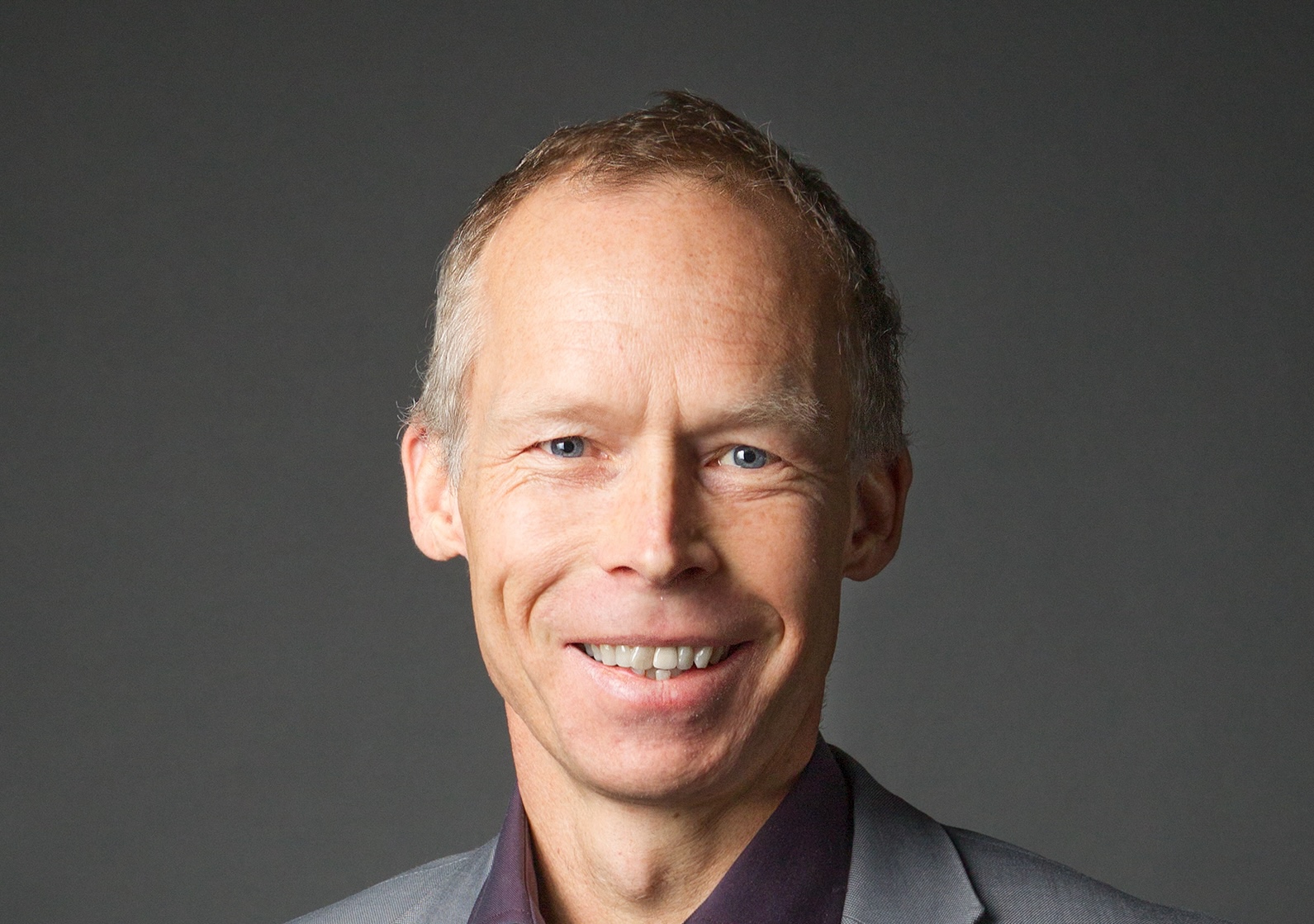
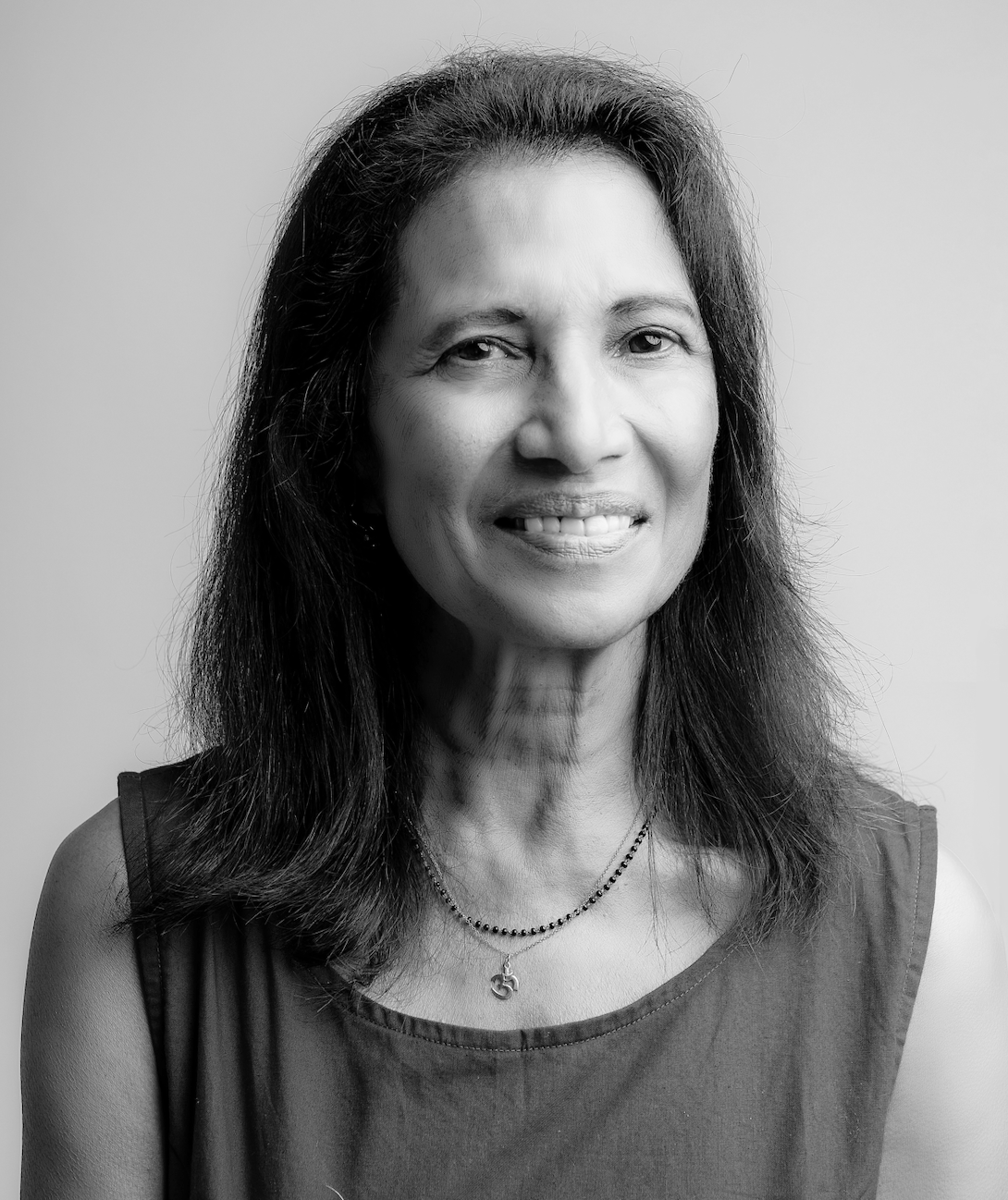
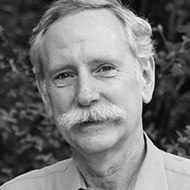
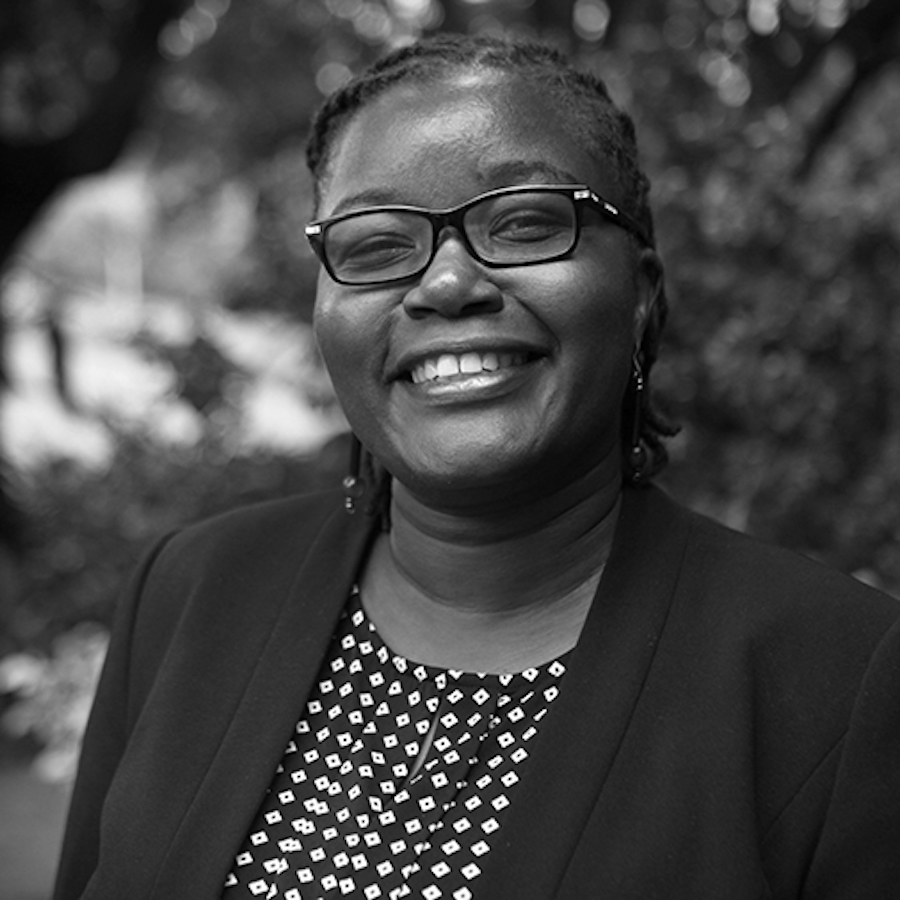
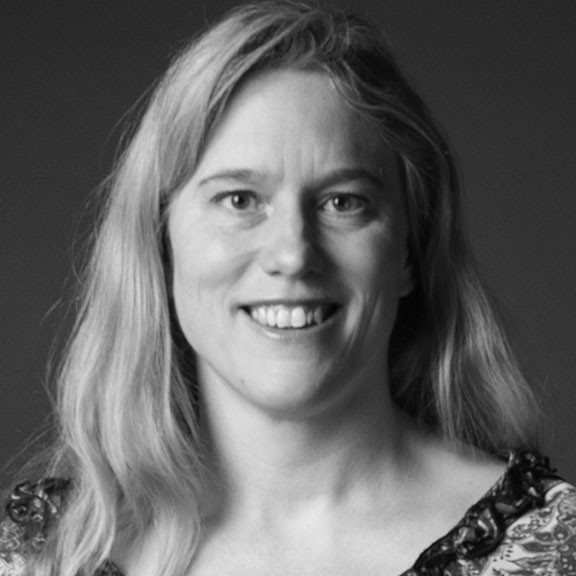
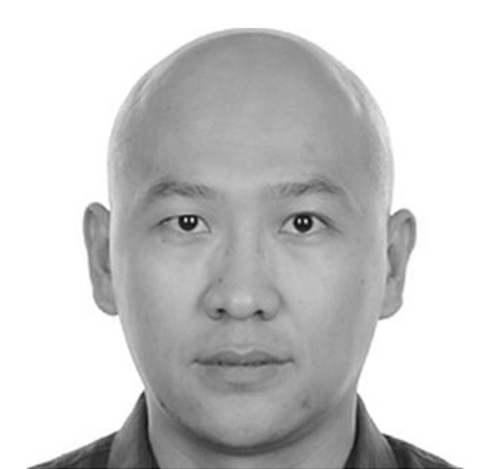
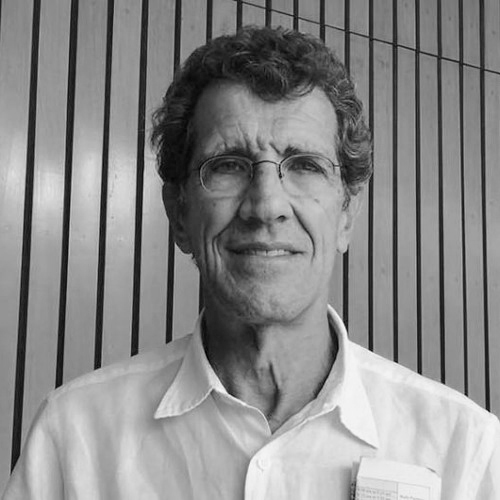
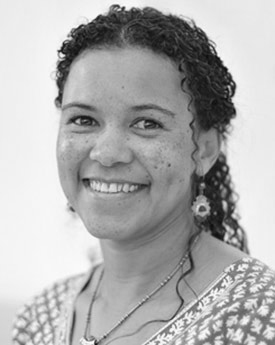
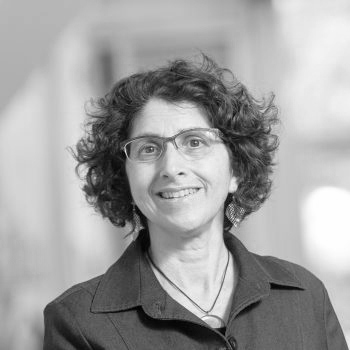


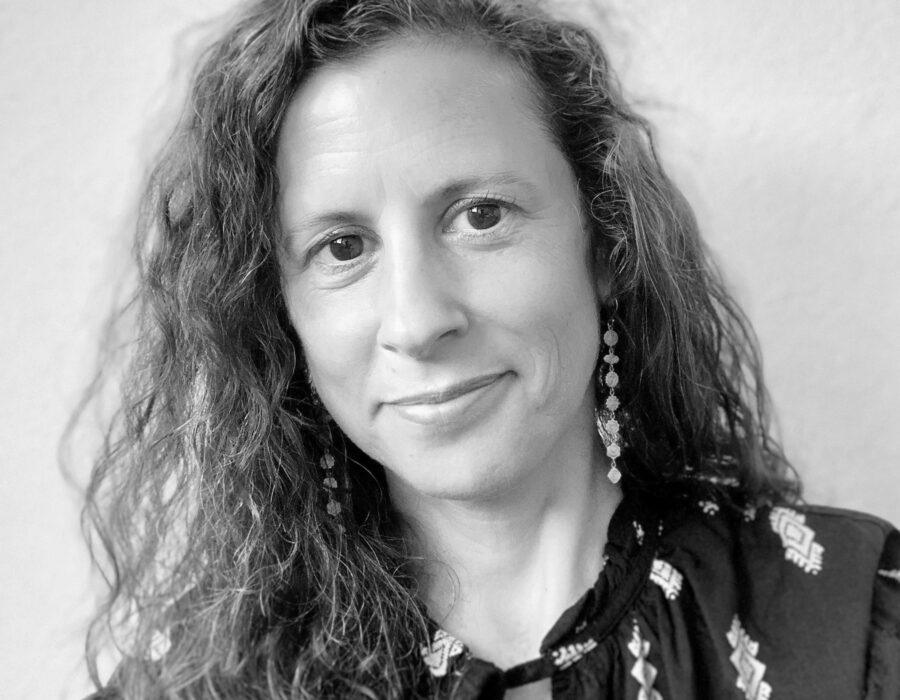

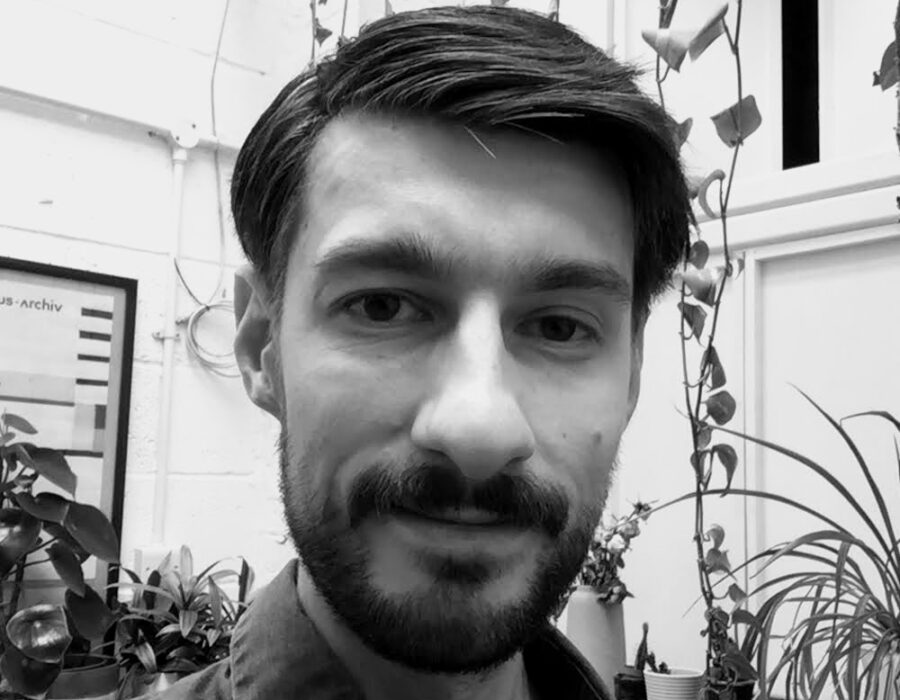
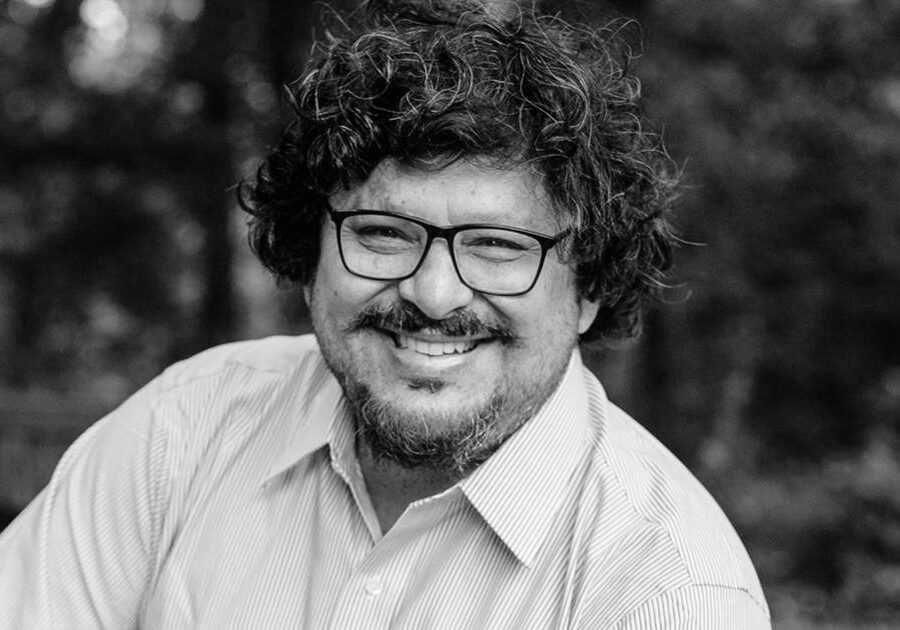
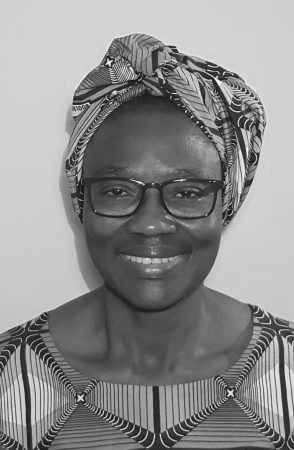
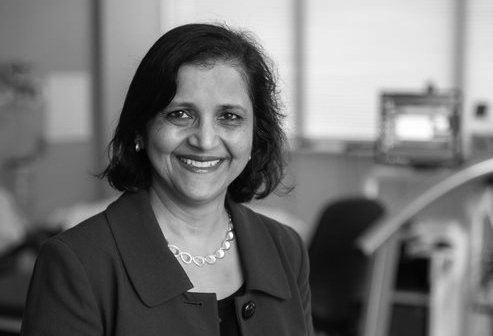
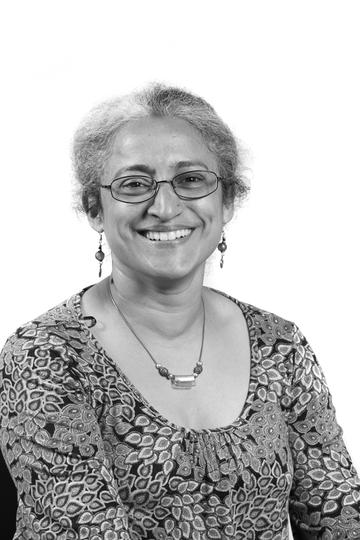
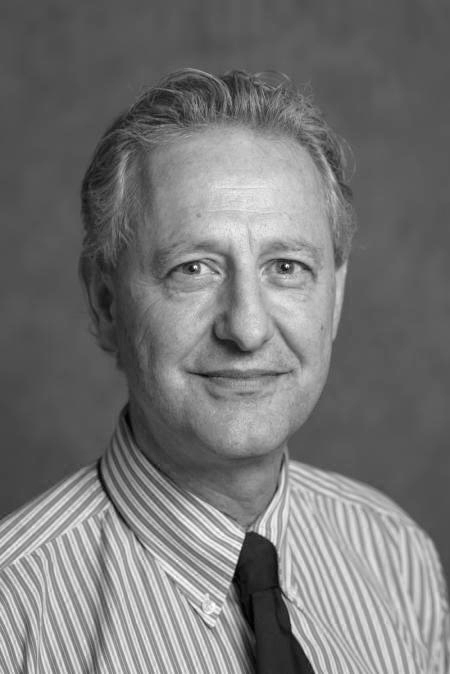
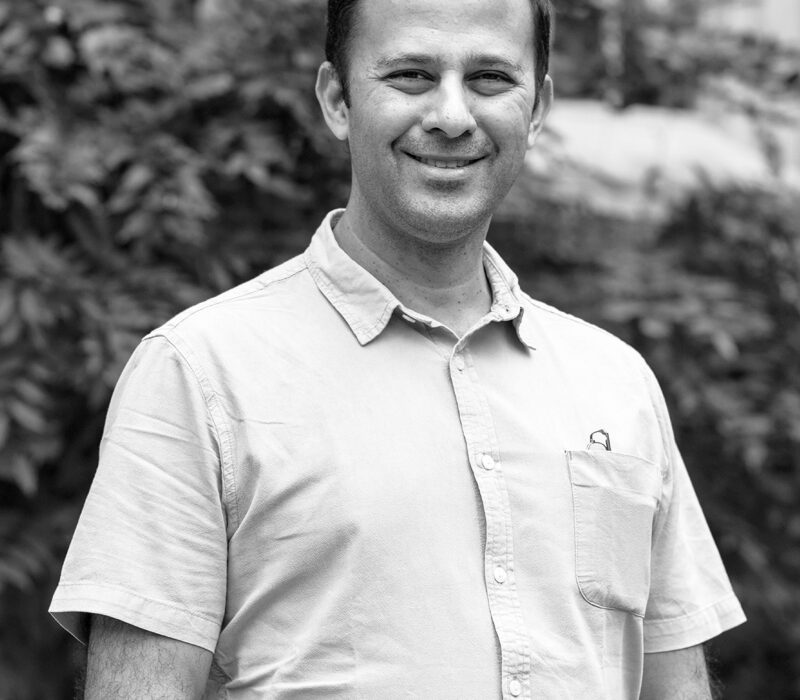
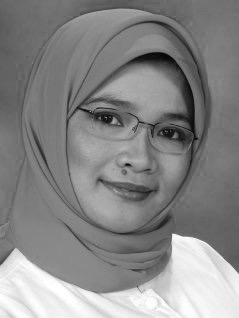
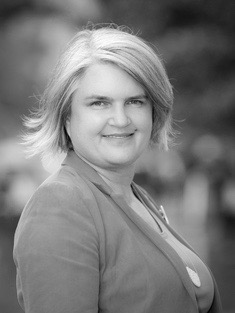
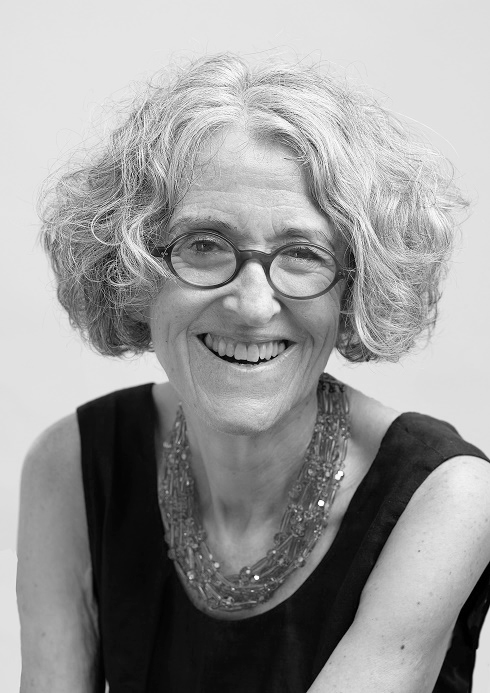

Professor Dr. Johan Rockström
Director
Johan Rockström is Director of the Potsdam Institute for Climate Impact Research and Professor in Earth System Science at the University of Potsdam. He is an internationally recognized scientist on global sustainability issues and led the development of the Planetary Boundaries framework for human development in the current era of rapid global change. Professor Rockström […]
Full BioShakuntala Thilsted
Commission Co-Chair
Shakuntala Haraksingh Thilsted is a specialist in nutrition-sensitive approaches to aquatic food systems. She is the Global Lead for Nutrition and Public Health at WorldFish, which is a global CGIAR research centre in Malaysia. Thilsted previously worked in Bangladesh and Cambodia where she examined the nutritional composition of small native fish species. She later worked […]
Full BioProfessor Walter Willett
Professor of Epidemiology and Nutrition
Walter Willett is Professor of Epidemiology and Nutrition at Harvard Chan School of Public Health, and Professor of Medicine at Harvard Medical School. Dr. Willett grew up in Madison, Wisconsin, studied food science at Michigan State University, and graduated from the University of Michigan Medical School before obtaining a doctorate in public health from Harvard […]
Full BioJemimah Njuki
Chief, Economic Empowerment
Dr. Jemimah Njuki is the Chief of the Economic Empowerment section at UN Women. She is a recognized leader on gender equality and women’s empowerment, having directed global initiatives promoting women’s economic empowerment. Jemimah previously worked at the International Food Policy Research Institute (IFPRI) as the Director for Africa, where she worked with African governments […]
Full BioDr. Line J. Gordon PhD
Director
Dr. Line Gordon is the director of the Stockholm Resilience Centre. She is an internationally recognised scientist in sustainability of water, food, and the biosphere. She conducts innovative research that combines work with small scale farmers in Africa, global models of land-use and rainfall interactions, and culinary innovators. She has previously served as deputy director, […]
Full BioDr. An Pan
Professor of Epidemiology
Dr. An Pan is a Professor of Epidemiology at School of Public Health, Tongji Medical College, Huazhong University of Science and Technology since 2015. Previously, Dr. Pan worked as a research fellow at the Department of Nutrition, Harvard T.H. Chan School of Public Health, and as an Assistant Professor at the Saw Swee Hock School […]
Full BioCarlos Monteiro
Professor of Nutrition and Public Health
Dr. Carlos Monteiro is a Professor of Nutrition and Public Health at the University of Sao Paulo, Brazil and Head of the University’s Centre for Epidemiological Studies in Health and Nutrition. His research lines include methods to assess populations’ nutritional and food intake, secular trends and biological and socioeconomic determinants of nutritional deficiencies and obesity and other nutrition-related chronic diseases, […]
Full BioChristina Hicks
Professor within the Political Ecology group
Christina Hicks is a professor within the Political Ecology group at Lancaster University’s Environment Centre. She is an environmental social scientist interested in the relationships individuals and societies form with nature; how these relationships shape people’s social, environmental, and health outcomes; and how they create sustainable livelihood choices. Hicks’ current research examines small scale fisheries, how they contribute nutritional, […]
Full BioClaire Kremen
President’s Excellence Chair In Biodiversity, University of British Columbia
Claire Kremen is President’s Excellence Chair In Biodiversity with a joint appointment in IRES and Zoology at University of British Columbia. She is an ecologist and applied conservation biologist working on how to reconcile agricultural land use with biodiversity conservation. Before coming to UBC, she held faculty appointments first at Princeton University and then at […]
Full BioDetlef van Vuuren
Professor in Integrated Assessment of Global Environmental Change
Detlef van Vuuren is a senior researcher at PBL Netherlands Environmental Assessment Agency and a professor in Integrated Assessment of Global Environmental Change at the Faculty of Geosciences, Utrecht University. Leading the IMAGE integrated assessment modelling team, his research concentrates on using model-based scenarios to identify response strategies to global environmental problems. He is a member of several international […]
Full BioErmias Kebreab
Associate Dean for Global Engagement, University of California, Davis
Ermias Kebreab is Associate Dean for Global Engagement in the College of Agricultural and Environmental Sciences at UC Davis, as well as director of the World Food Center. He is a renowned scholar and skilled administrator with extensive experience in sustainable agriculture and animal science. Kebreab oversees the advancement of the college’s international goals while working in collaboration with partners to magnify the […]
Full BioJessica Fanzo
Professor of Climate and Director of the Food for Humanity Initiative, Columbia Climate School
Jessica Fanzo, PhD, is a Professor of Climate and Director of the Food for Humanity Initiative at the Columbia Climate School. Fanzo joined the Climate School from Johns Hopkins University, where she was the Bloomberg Distinguished Professor of Global Food Policy and Ethics and the Director of Hopkins’ Global Food Policy and Ethics Program. She […]
Full BioJuan Rivera
Founding Director of the Center for Research in Nutrition and Health
Dr. Juan A. Rivera is the Founding Director of the Center for Research in Nutrition and Health at the National Institute of Public Health in Mexico and is Professor of Nutrition in the School of Public Health of Mexico. He is also an adjunct professor in the Division of Nutritional Sciences at Cornell University and in the Rollins […]
Full BioMarco Springmann
Professor in Climate Change, Food Systems and Health
Marco Springmann is a Professor in Climate Change, Food Systems and Health at the London School of Hygiene and Tropical Medicine, and a Senior Researcher on Environment and Health at the University of Oxford. He conducts multi-disciplinary research that connects food systems, climate change, and public health. His research has been published in leading journals, […]
Full BioMario Herrero
Professor of sustainable food systems and global change, Cornell University
Mario Herrero is a professor of sustainable food systems and global change in the Department of Global Development, a Cornell Atkinson Scholar, and a Nancy and Peter Meinig Family Investigator in the Life Sciences. His research focuses on increasing the sustainability of food systems for the benefit of humans and ecosystems. Herrero is a regular contributor to important […]
Full BioNamukolo Covic
Director General’s Representative to Ethiopia
Namukolo Covic (Zambia) is ILRI Director General’s Representative to Ethiopia. From 2015 to 2021 she served as Senior Research Coordinator at IFPRI, for the CGIAR Program on Agriculture for Nutrition and Health, and worked on projects in several countries, Ethiopia, Kenya, Nigeria, South Africa and Zambia. She has worked extensively with the government of Ethiopia and other stakeholders on different […]
Full BioNita Forouhi
Professor of Population Health and Nutrition, MRC Investigator, University of Cambridge
Nita Gandhi Forouhi is a physician-scientist, Head of the Nutritional Epidemiology Programme, MRC Investigator, National Institute for Health Research (NIHR) Senior Investigator and Professor of Population Health and Nutrition at the Medical Research Council (MRC) Epidemiology Unit, University of Cambridge. She is a Public Health physician with the UK government’s Office for Health Improvement and […]
Full BioNitya Rao
Professor of Gender and Development, University of East Anglia
Nitiya Rao is a Professor of Gender and Development at the University of East Anglia and experienced researcher, trainer and social activist in the field of gender equality and women’s empowerment. Rao currently leads the gender analysis in two major research consortia, the Leveraging Agriculture for Nutrition in South Asia which seeks to identify potential agriculture or food-based solutions […]
Full BioPatrick Webb
Director for USAID’s Feed the Future Nutrition Innovation Lab, Tufts University
Dr. Patrick Webb is engaged in research and policy guidance around the globe as Director for USAID’s Feed the Future Nutrition Innovation Lab. Dr. Webb also leads the US government’s Food Aid Quality Review. Until 2005, he worked for the United Nations’ World Food Programme as Chief of Nutrition. During that time, he was a first-responder to the Asian tsunami […]
Full BioRamanan Laxminarayan
Founder and Director, One Health Trust; Senior Research Scholar, Princeton University
Laxminarayan is founder and director of the One Health Trust (formerly known as the Center for Disease Dynamics, Economics & Policy or CDDEP) in Washington, D.C. and New Delhi, and a senior research scholar at Princeton University. He is an affiliate professor at the University of Washington, senior associate at the Johns Hopkins Bloomberg School […]
Full BioRina Augustina
Lecturer for the post-graduate study program in nutrition, Universitas Indonesia
Dr. Rina Agustina is a lecturer for the post-graduate study program in nutrition at the Department of Nutrition in collaboration with SEAMEO Regional Center for Community Nutrition Universitas Indonesia. She also serves as the Chair of Human Nutrition Research Center of the Indonesian Medical Education and Research Institute and Head for Doctorate Study Program – Research Coordinator Department […]
Full BioSonja Vermeulen
Director of Programs, CGIAR
Sonja Vermeulen is Director of Programs at the CGIAR System Organization, leading on coordination of the delivery, performance and results of the shared CGIAR research portfolio, plus future strategies for effective agricultural research for development. Dr. Vermeulen has previously served as Global Food Lead Scientist at WWF International, Head of Research at the CGIAR Research Program on Climate […]
Full BioTheresa Marteau
Director of the Behaviour and Health Research Unit, University of Cambridge
Theresa Marteau is Director of the Behaviour and Health Research Unit at the University of Cambridge. Her research focuses on the development and evaluation of interventions to change behaviour (principally food, tobacco and alcohol consumption) to improve population health and reduce health inequalities, with a particular focus on targeting non-conscious processes. She co-chairs The Lancet-Chatham House Commission on improving population health post COVID-19, […]
Full BioWen-Harn Pan
Distinguished Research Fellow
Dr. Wen-Harn Pan is a Distinguished Research Fellow in the Institute of Biomedical Sciences, Academia Sinica and also jointly appointed by Research Center for Environmental Changes, Academia Sinica and the Institute of Population Health, National Health Research Institute, Taiwan. Dr. Pan has been the Director of Institute of Population Sciences of National Health Research Institutes […]
Full Bio